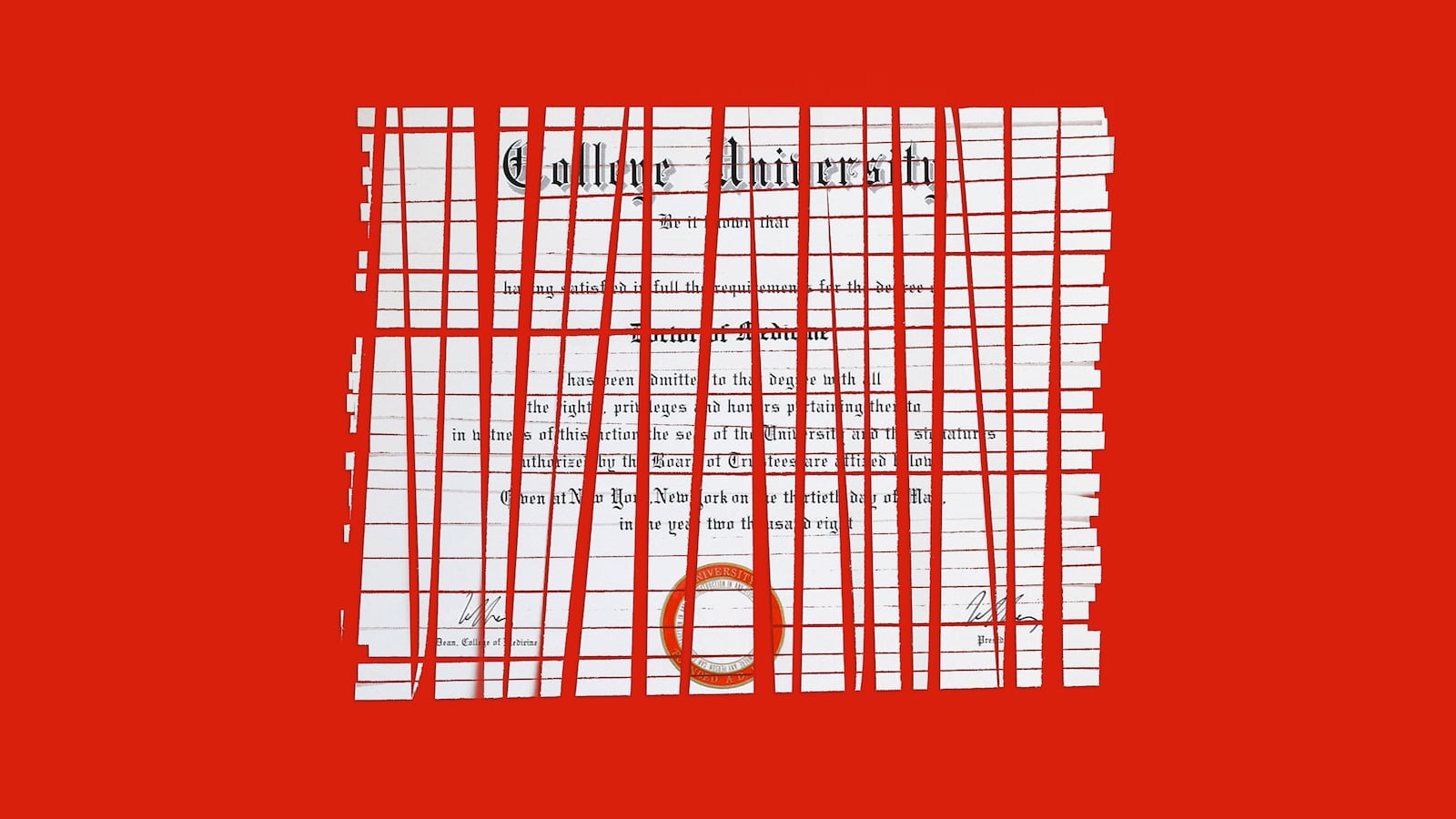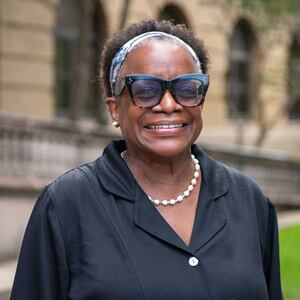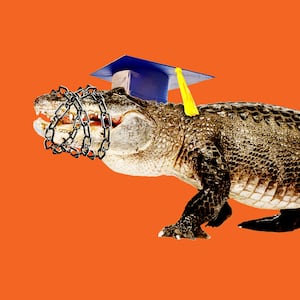The legislative war on college and university free speech has sadly become a persistent feature of the policymaking process in statehouses across the country. Another round of state legislative sessions has come and gone and with it many new proposals)" href="https://urldefense.com/v3/__https:/docs.google.com/spreadsheets/d/1Tj5WQVBmB6SQg-zP_M8uZsQQGH09TxmBY73v23zpyr0/edit?usp=sharing__;!!LsXw!X8nG2gIMLwXEIv5EnQATPhcgn5nNR-7CACl3sPU4g6-GJLP283cBhjLYE1Whqe5U4dcvI8IlQlDWzXBKW1t9R5NzJt1WYMlR9BHm7Q$">many new proposals that would impose extensive restrictions on what can be taught in higher education classrooms.
Since January 2021, state governments have introduced 99 educational gag orders)" href="https://urldefense.com/v3/__https:/pen.org/report/educational-gag-orders/__;!!LsXw!X8nG2gIMLwXEIv5EnQATPhcgn5nNR-7CACl3sPU4g6-GJLP283cBhjLYE1Whqe5U4dcvI8IlQlDWzXBKW1t9R5NzJt1WYMlTE1uOcQ$">educational gag orders focused on higher education and dozens of other censorious higher ed restrictions as part of what PEN America has dubbed the “Ed Scare”—a sweeping nationwide campaign to upend the integrity and autonomy of educational institutions in favor of state dictates on what content and curricula are appropriate in schools.
This drive to muzzle core questions about race, identity, and history has triggered a broad counter-movement, as former higher education presidents)" href="https://urldefense.com/v3/__https:/pen.org/champions-statement/__;!!LsXw!X8nG2gIMLwXEIv5EnQATPhcgn5nNR-7CACl3sPU4g6-GJLP283cBhjLYE1Whqe5U4dcvI8IlQlDWzXBKW1t9R5NzJt1WYMkP4JTXDQ$">former higher education presidents, faculty, students, and grassroots communities have joined hands to preserve the crown jewel of American democracy: a welcoming, independent higher education system that enables diverse viewpoints and challenging ideas to flourish.
Their efforts to draw attention to and fight back against legislative efforts to censor our campuses have been invaluable. There is another key factor, however, that has flown under the radar yet been a vital bulwark against state censorship: the voice of university accreditation agencies.
Unfortunately, those same agencies are now the target of the latest attacks on campus free expression.
Accreditation is a largely unknown but vital element of the higher education system. The seven regional accreditation agencies exist to ensure a basic standard of educational quality and a basic commitment to core principles like graduation rates, curricular standards, and sound institutional management. They also ensure that colleges and universities protect the academic freedom of faculty and resist undue political interference from the government.
If an institution fails to uphold these standards, it can lose accreditation, which then costs its students access to federal financial loans, Pell Grants, and work-study funds, all tied to accreditation by federal law. In addition, many employers and licensing boards withhold recognition of degrees granted by unaccredited colleges.
Accrediting agencies are a powerful tool for protecting academic freedom. In North Dakota, for example, a legislative effort to impose harsh limits on tenure protections was defeated)" href="https://urldefense.com/v3/__https:/bismarcktribune.com/news/state-and-regional/govt-and-politics/north-dakota-senate-defeats-bill-to-change-faculty-tenure-at-bismarck-state-dickinson-state/article_057318c6-cfd0-11ed-8877-f337f353969f.html__;!!LsXw!X8nG2gIMLwXEIv5EnQATPhcgn5nNR-7CACl3sPU4g6-GJLP283cBhjLYE1Whqe5U4dcvI8IlQlDWzXBKW1t9R5NzJt1WYMkApn92pw$">defeated after a former chancellor of the state’s university system publicly aired his concerns)" href="https://urldefense.com/v3/__https:/www.ndlegis.gov/assembly/68-2023/testimony/SEDU-1446-20230313-23693-A-ISAAK_LARRY*20A_L.pdf__;JQ!!LsXw!X8nG2gIMLwXEIv5EnQATPhcgn5nNR-7CACl3sPU4g6-GJLP283cBhjLYE1Whqe5U4dcvI8IlQlDWzXBKW1t9R5NzJt1WYMmQtDPElw$">aired his concerns that political interference could lead to loss of accreditation.
Meanwhile, in both Texas)" href="https://urldefense.com/v3/__https:/legiscan.com/TX/text/SB17/id/2820276__;!!LsXw!X8nG2gIMLwXEIv5EnQATPhcgn5nNR-7CACl3sPU4g6-GJLP283cBhjLYE1Whqe5U4dcvI8IlQlDWzXBKW1t9R5NzJt1WYMkLl6ChLA$">Texas and Ohio)" href="https://urldefense.com/v3/__https:/ohiocapitaljournal.com/2023/05/15/new-versions-of-identical-higher-education-bills-makes-changes-and-adds-clarifications/__;!!LsXw!X8nG2gIMLwXEIv5EnQATPhcgn5nNR-7CACl3sPU4g6-GJLP283cBhjLYE1Whqe5U4dcvI8IlQlDWzXBKW1t9R5NzJt1WYMlum1tJ-Q$">Ohio, legislators carved out important exceptions to their proposals to ban diversity, equity, and inclusion (DEI) programs in order to meet accreditors’ basic DEI standards. And prominent advocates)" href="https://urldefense.com/v3/__https:/pen.org/joint-statement-legislative-efforts-restrict-education-racism-american-history/__;!!LsXw!X8nG2gIMLwXEIv5EnQATPhcgn5nNR-7CACl3sPU4g6-GJLP283cBhjLYE1Whqe5U4dcvI8IlQlDWzXBKW1t9R5NzJt1WYMkTvjvEOw$">prominent advocates across the higher education space, including the accrediting agencies themselves)" href="https://urldefense.com/v3/__https:/www.acenet.edu/Documents/Community-Statement-on-Free-and-Open-Academic-Inquiry-030322.pdf__;!!LsXw!X8nG2gIMLwXEIv5EnQATPhcgn5nNR-7CACl3sPU4g6-GJLP283cBhjLYE1Whqe5U4dcvI8IlQlDWzXBKW1t9R5NzJt1WYMltp8DrfQ$">including the accrediting agencies themselves, have noted that educational gag orders, or laws that restrict what can be taught in schools, chill free speech, and violate academic freedom.
That’s exactly why accreditors are now under attack.
Christopher Rufo, a leading figure behind the rising tide of educational censorship, announced)" href="https://urldefense.com/v3/__https:/twitter.com/realchrisrufo/status/1672348391840567296__;!!LsXw!X8nG2gIMLwXEIv5EnQATPhcgn5nNR-7CACl3sPU4g6-GJLP283cBhjLYE1Whqe5U4dcvI8IlQlDWzXBKW1t9R5NzJt1WYMl5AjY7Vw$">announced last month that “the accreditors are the next target.” New federal proposals)" href="https://urldefense.com/v3/__https:/www.rubio.senate.gov/public/index.cfm/2023/6/rubio-colleagues-introduce-fairness-in-higher-education-accreditation-act*:*:text=Jun*2001*202023&text=U.S.*20Senator*20Marco*20Rubio*20(R,criteria*20for*20the*20school's*20accreditation.__;I34lJSUlJSUlJSUl!!LsXw!X8nG2gIMLwXEIv5EnQATPhcgn5nNR-7CACl3sPU4g6-GJLP283cBhjLYE1Whqe5U4dcvI8IlQlDWzXBKW1t9R5NzJt1WYMnGVpmFrg$">federal proposals, including the ironically titled Accreditation for College Excellence Act)" href="https://urldefense.com/v3/__https:/owens.house.gov/posts/owens-introduces-bill-to-stop-accreditors-from-forcing-political-agendas__;!!LsXw!X8nG2gIMLwXEIv5EnQATPhcgn5nNR-7CACl3sPU4g6-GJLP283cBhjLYE1Whqe5U4dcvI8IlQlDWzXBKW1t9R5NzJt1WYMnxSA1dGA$">Accreditation for College Excellence Act, would bar accreditors from assessing universities based on their adherence to baseline DEI standards.
In addition, the Heritage Foundation, one of the main clearinghouses for higher education censorship bills, recently implored)" href="https://urldefense.com/v3/__https:/www.heritage.org/education/report/its-time-congress-dismantle-the-higher-education-accreditation-cartel__;!!LsXw!X8nG2gIMLwXEIv5EnQATPhcgn5nNR-7CACl3sPU4g6-GJLP283cBhjLYE1Whqe5U4dcvI8IlQlDWzXBKW1t9R5NzJt1WYMmMUxVfkQ$">implored Congress to “dismantle the higher education accreditation cartel” by creating alternative—and potentially unaccountable—avenues for financial aid eligibility.
If these groups are successful in their quest to destroy accreditation agencies, we can expect a renewed (and unrestrained) wave of attacks against academic freedom, college and university autonomy, and the basic principle that campuses should be a place where all ideas are up for debate. But the consequences won’t end there.
The collapse of accreditors could do serious damage to American higher education as we know it. American colleges and universities are the envy of the world. They are engines of innovation, excellence, and social mobility, breaking down barriers and helping millions of people achieve their dreams. All of this rests on a foundation of quality education ensured through impartial oversight. This is what the censors are putting at risk.
That’s why we urge free expression and higher education advocates alike to lift their voices in defense of accreditation agencies. Their work is a vital prerequisite for intellectual freedom and free expression on campus. If politicians dismantle accreditation for the sake of censorship and political gain, students—and free expression—will be poorer for it.
Jeremy C. Young is senior manager of free expression and education at PEN America. Jeffrey Sachs is a political scientist at Acadia University and a research consultant at PEN America.










